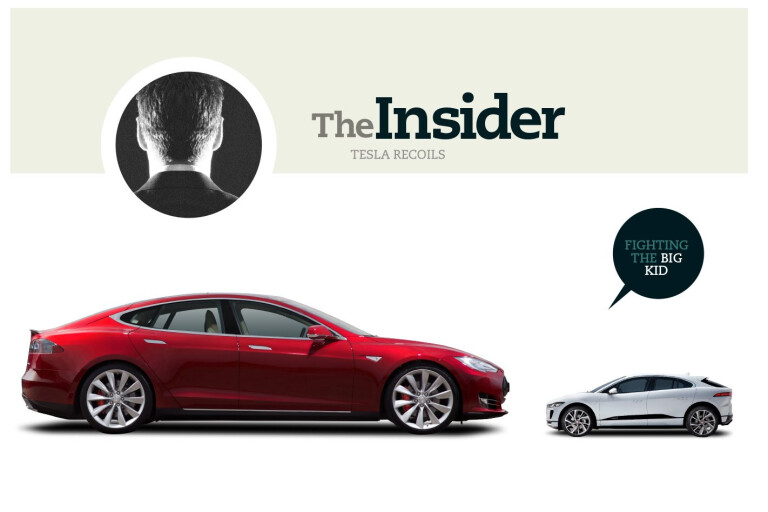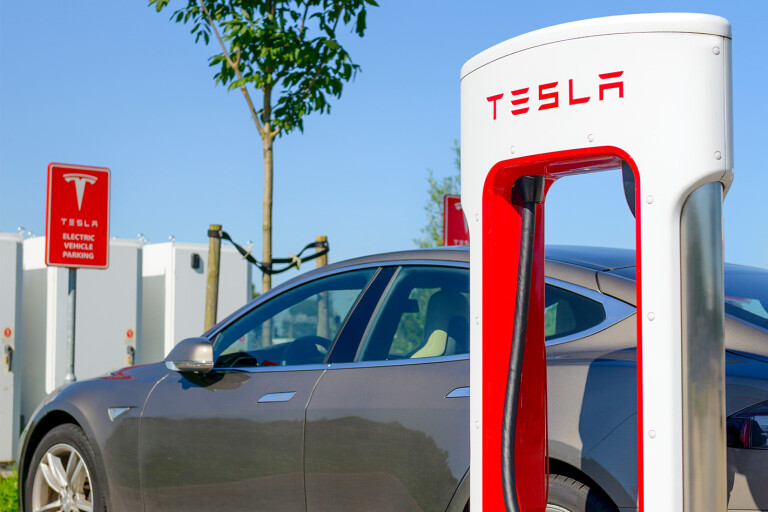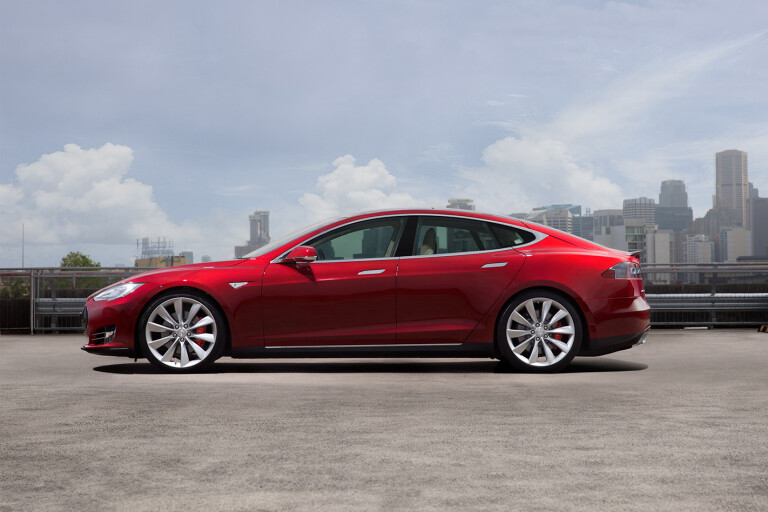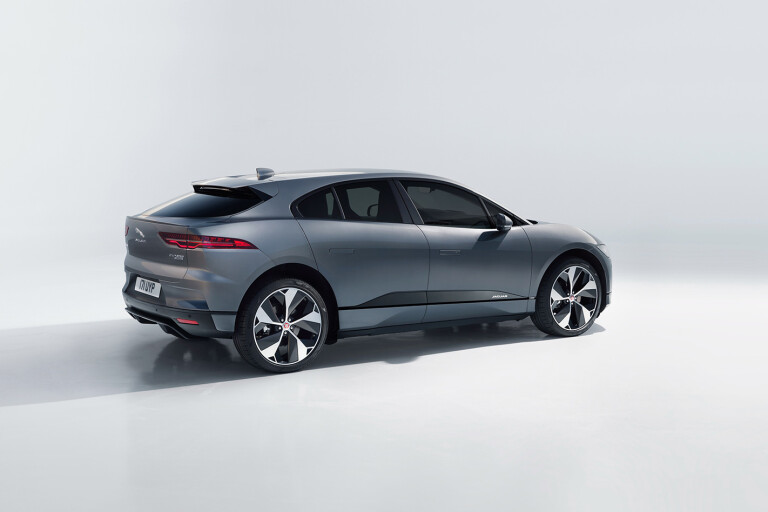
Schadenfreude is a particularly appropriate term for the wider motor industry’s reaction to Tesla’s recent problems. Firstly because, to get literal, their joy is entirely shameful, the american company having done more to innovate and popularize electric cars than anyone else.

It’s also especially apt because so many of those doing the gloating are German.
Tesla is definitely struggling with the transition from sexy tech start-up to actual car company. The new Model 3 is still trickling off the production line at the rate of a couple of thousand a month; this being a car for which Tesla currently holds half a million deposits.
The company has also found itself mired in scandal after a Model X was involved in a fatal crash in California, reportedly while travelling in its semi-autonomous piloted driving mode. With what are being pitched as the first wave of no-excuse electric vehicles from established makers about to hit the market, the belief is spreading that it’s time for the big boys to take over.
Yet while car company executives might have convinced themselves, there’s little evidence they’ve persuaded paying customers yet. Put simply, there is only one premium EV manufacturer with a proven track record and that is Tesla. Everybody else needs to prove themselves afresh, regardless of what they have achieved with internal combustion.
For well-heeled punters around the world, buying a Tesla is easy and your mates won’t rip on you for choosing one. The brand was cool even before Elon Musk’s parallel space program launched his old Roadster towards Mars and the full-fat Model S P100D has the bragging rights of being the fastest-accelerating production sedan in the world.

Tesla has also got first-mover advantage and has become a known quantity. There are plenty out there – with older ones desirable enough to underwrite residuals – and the brand’s supercharger network continues to spread into the boonies. You couldn’t use a Tessy for a jaunt down the Stuart Highway yet, but it is well ahead of electric infrastructure.
Without wanting to turn all Donald, what we’re increasingly forced to see is that the mainstream motor industry doesn’t seem to get it. Mass-market EVs have all struggled to achieve real cut-through, regardless of the desirability of the brand attached to ’em, from the Nissan Leaf to the BMW i3.
Even the Chevrolet Bolt’s 350km real-world range hasn’t saved it in the USA. Meanwhile, Tesla has lines forming; the problem clearly isn’t the products as much as the brands.
Which is why Jaguar’s decision to explicitly target the Tesla Model X with its new battery electric i-Pace looks arrogant at best.

The Jag is fractionally faster, but it’s also smaller and doesn’t get the X’s crowd-drawing multi-hinged rear doors. Pricing it hard against the established player – at $119,000 it is identical to the base P75D Model X – is at the foolhardy end of brave. Would you order a wedding cake or a hand-made suit from somebody doing it for the first time?

COMMENTS